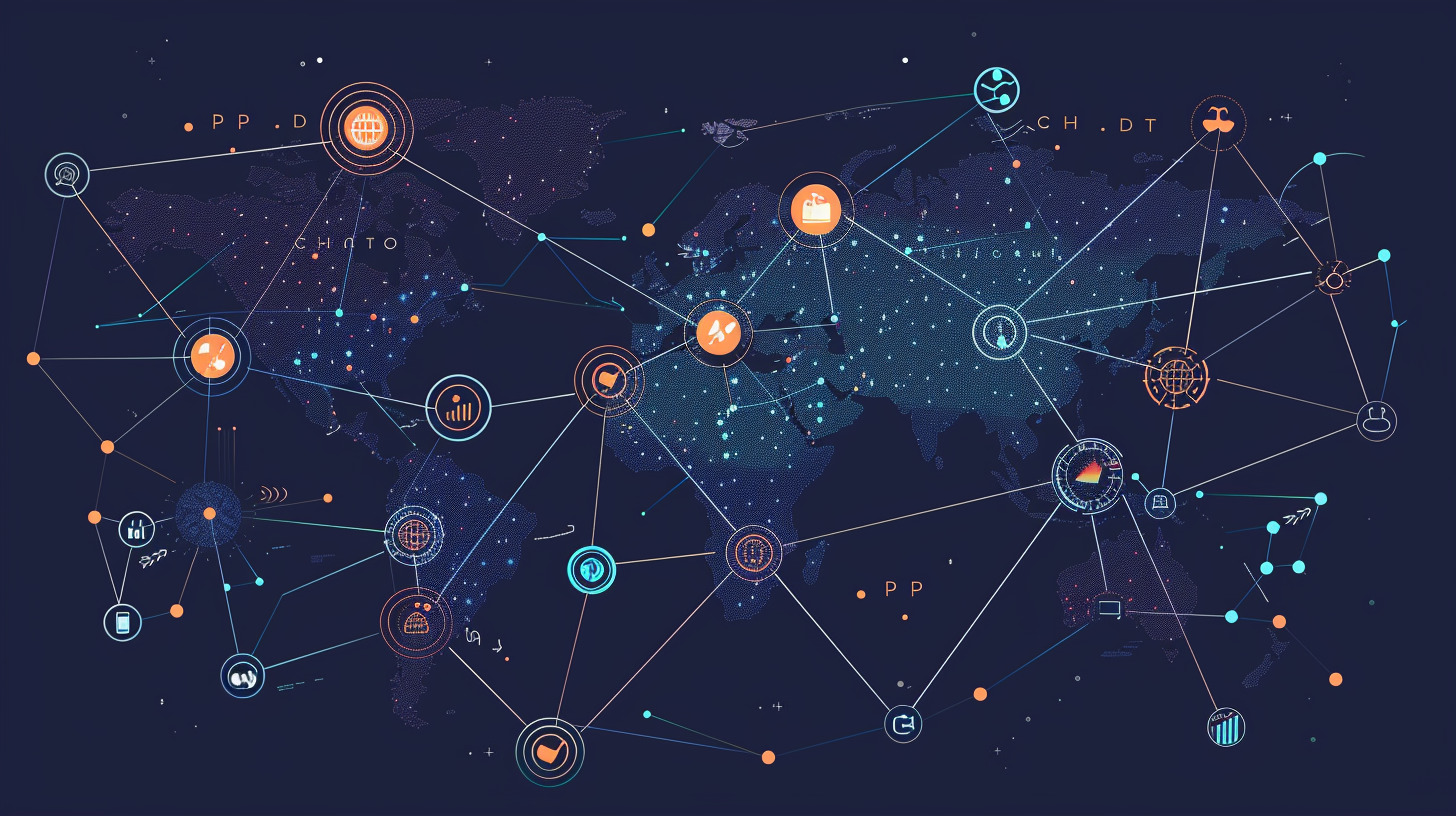ChatGPT, developed by OpenAI, has become a significant player in the tech world since its launch. This AI chatbot, based on the Generative Pre-trained Transformer (GPT) model, has transformed how we interact with artificial intelligence, offering capabilities from generating text to coding assistance. Here’s a comprehensive look at ChatGPT’s journey, its features, and its implications.
Launch and Evolution
ChatGPT debuted in November 2022, leveraging the GPT-3.5 model. Its ability to generate human-like text based on user prompts quickly gained traction, making it the fastest-growing app in history. By 2024, OpenAI introduced GPT-4, featuring substantial enhancements in writing, math, logical reasoning, and coding capabilities. GPT-4 Turbo, a more advanced version, was rolled out to premium users, further cementing its utility in professional and educational settings.
Expansion and Localization
OpenAI’s ambition extends globally. Recently, the company opened a hub in Tokyo and plans to optimize GPT-4 for the Japanese language, highlighting the importance of localization as the technology expands. This strategic move aims to cater to non-English speaking markets, ensuring that ChatGPT can provide relevant and culturally sensitive responses.
Features and Accessibility
ChatGPT is not just a text generator. It now includes a “Read Aloud” feature, enabling the AI to vocalize its responses in 37 languages, making it more accessible to a broader audience. Additionally, OpenAI has made ChatGPT available without requiring an account, albeit with some feature limitations. This decision allows more users to experience the chatbot while maintaining a layer of safety and privacy.
Corporate Integration
OpenAI has aggressively marketed ChatGPT to Fortune 500 companies, pitching it as a tool to enhance productivity and innovation. From personalized customer service to drafting complex reports, businesses are finding diverse applications for this AI chatbot. OpenAI’s engagement with corporate giants underscores its potential as a transformative business tool.
Challenges and Criticisms
Despite its success, ChatGPT faces challenges. The platform’s GPT Store has been criticized for hosting spam and potentially infringing content, raising concerns about content moderation and quality control. Furthermore, environmental impact reports suggest that ChatGPT’s operations are highly energy-intensive, using more electricity daily than many large households combined.
OpenAI also navigates legal and ethical issues. The New York Times has sued the company over copyright infringement claims, and questions about compensating artists for using their work in AI training datasets remain unresolved. These controversies highlight the need for clear policies and ethical guidelines in AI development.
Personal Commentary
From my perspective, ChatGPT’s rise illustrates both the incredible potential and the complex challenges of AI technology. On one hand, its ability to assist in various tasks, from mundane to complex, makes it a powerful tool for individuals and businesses alike. The continuous improvements and new features, like the “Read Aloud” function, demonstrate OpenAI’s commitment to enhancing user experience and accessibility.
However, the issues related to content moderation and environmental impact cannot be overlooked. The AI industry must address these concerns proactively to ensure sustainable and ethical growth. Additionally, the legal battles and ethical questions about data usage reflect broader societal challenges that need thoughtful solutions.
In conclusion, ChatGPT stands as a testament to the rapid advancements in AI technology. Its journey from a text-based chatbot to a multifunctional AI assistant marks significant progress. As OpenAI navigates its expansion and addresses emerging challenges, ChatGPT’s impact on the tech world will undoubtedly continue to grow.
Source: https://techcrunch.com/2024/05/30/chatgpt-everything-to-know-about-the-ai-chatbot/






